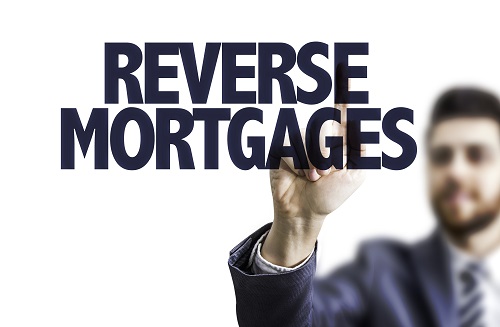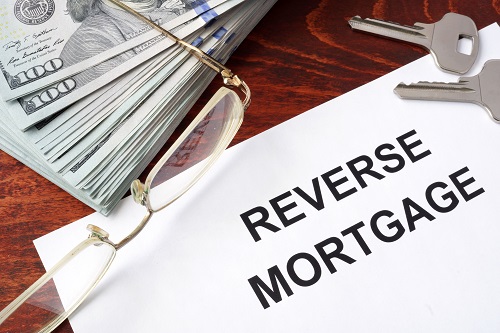Reverse Mortgage Myrtle Beach SC | 843-491-1436

Empowering Seniors: Exploring the Pros and Cons of Reverse Mortgages
Retirement brings about unique financial challenges, and many seniors find themselves seeking ways to supplement their income and maintain their quality of life. Reverse mortgages have emerged as a potential solution, offering homeowners aged 62 and above an opportunity to access their home equity. In this article, we delve into the world of reverse mortgages, discussing their benefits, potential drawbacks, and important considerations for those considering this financial option.
Understanding Reverse Mortgages
Reverse mortgages are loans that enable homeowners to convert a portion of their home equity into tax-free cash without selling the property or making monthly mortgage payments. The loan balance, instead, accumulates over time and is typically repaid when the homeowner sells the home, moves out, or dies. The loan amount is based on factors such as the borrower's age, home value, and current interest rates.
Benefits of Reverse Mortgages
 Supplemental Income: Reverse mortgages provide seniors with a valuable source of income during their retirement years. The funds can be used to cover everyday expenses, medical bills, home repairs, or even to fulfill lifelong dreams and aspirations.
Supplemental Income: Reverse mortgages provide seniors with a valuable source of income during their retirement years. The funds can be used to cover everyday expenses, medical bills, home repairs, or even to fulfill lifelong dreams and aspirations.
Financial Flexibility: Borrowers have multiple payout options to choose from, including lump sums, regular monthly payments, a line of credit, or a combination. This flexibility allows homeowners to tailor the loan structure to their specific needs and financial goals.
Homeownership Retention: Reverse mortgages enable seniors to stay in their homes and maintain ownership while accessing their home equity. This can provide peace of mind, stability, and a sense of familiarity for aging individuals.
No Monthly Payments: Unlike traditional mortgages, reverse mortgages do not require monthly repayments. As long as the borrower meets the loan obligations, they can enjoy a mortgage-free lifestyle during their occupancy.
Key Considerations
 Eligibility and Counseling: To qualify for a reverse mortgage, homeowners must meet certain criteria, including being at least 62 years old and having sufficient home equity. Additionally, potential borrowers are required to undergo mandatory counseling to ensure they fully understand the terms, implications, and alternatives associated with reverse mortgages.
Eligibility and Counseling: To qualify for a reverse mortgage, homeowners must meet certain criteria, including being at least 62 years old and having sufficient home equity. Additionally, potential borrowers are required to undergo mandatory counseling to ensure they fully understand the terms, implications, and alternatives associated with reverse mortgages.
Costs and Fees: Reverse mortgages come with various fees, including closing costs, insurance premiums, and origination fees. These expenses can significantly impact the overall loan amount and should be carefully evaluated to ensure they align with the borrower's financial goals.
Loan Repayment: Reverse mortgages are typically repaid if the property is sold by the owner, moves out permanently, or passes away. It's crucial to understand the repayment terms and have a plan in place to avoid any potential financial burdens for heirs or surviving family members.
Impact on Heirs and Estate: Reverse mortgages can affect the inheritance left to heirs, as the loan balance will need to be repaid from the proceeds of the home sale. While heirs have options to retain the property by repaying the loan balance, it's important to consider and discuss these implications with family members and seek professional advice.
Final Thoughts
 Reverse mortgages can provide a lifeline for seniors seeking financial stability and flexibility during their retirement years. While they offer numerous benefits, it's essential to carefully consider the potential drawbacks and thoroughly assess individual circumstances before proceeding. Seeking guidance from financial advisors and reverse mortgage specialists can ensure informed decision-making, empowering seniors to make the best choices for their financial well-being and quality of life.
Reverse mortgages can provide a lifeline for seniors seeking financial stability and flexibility during their retirement years. While they offer numerous benefits, it's essential to carefully consider the potential drawbacks and thoroughly assess individual circumstances before proceeding. Seeking guidance from financial advisors and reverse mortgage specialists can ensure informed decision-making, empowering seniors to make the best choices for their financial well-being and quality of life.